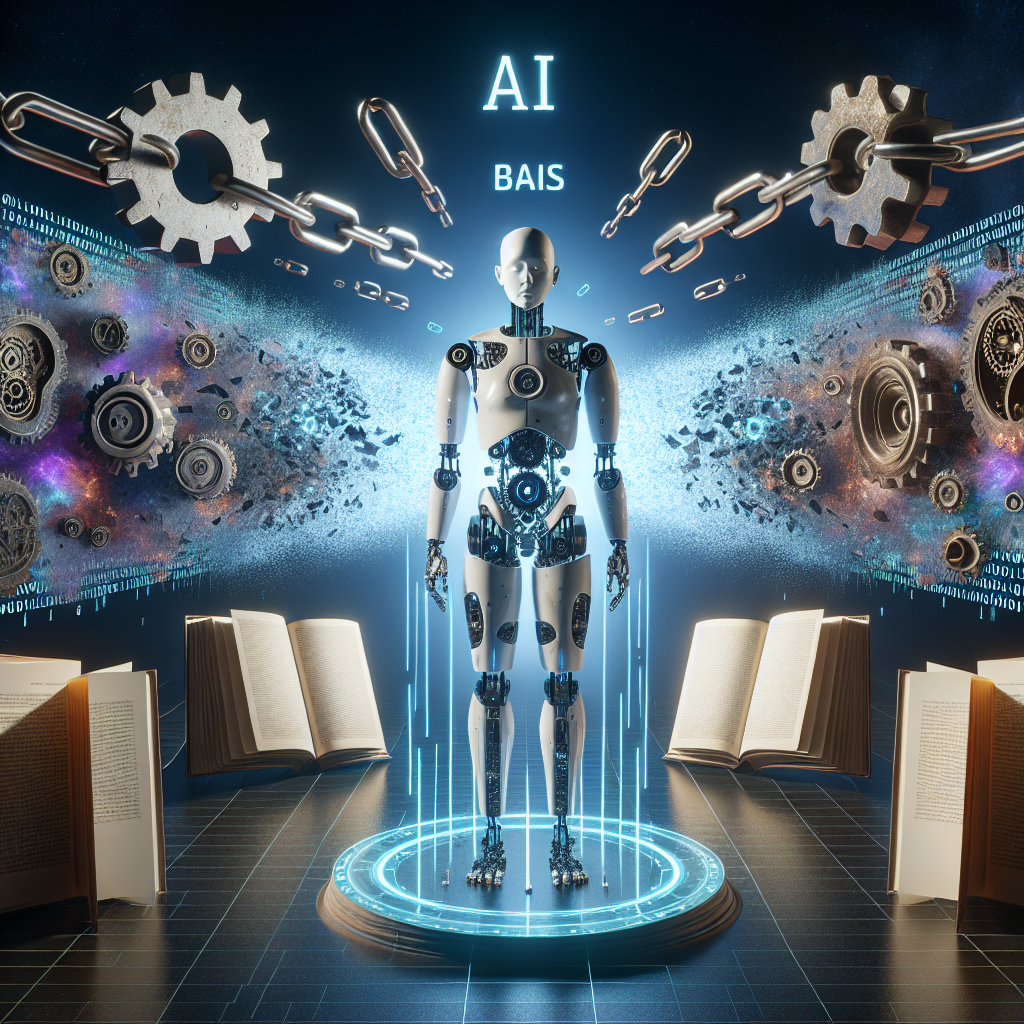In recent years, artificial intelligence (AI) has become an increasingly integral part of our daily lives. From virtual assistants to recommendation systems, AI technologies are ubiquitous and have the potential to revolutionize various industries. However, one major concern that has emerged is the presence of bias in AI algorithms.
The Problem of Bias in AI
AI algorithms are often trained on vast amounts of data, which can inadvertently contain biases and prejudices. These biases can manifest in various ways, such as reinforcing gender stereotypes in job recruitment algorithms or perpetuating racial discrimination in predictive policing systems. The presence of bias in AI not only leads to unfair outcomes but also undermines trust in these technologies.
The Need for Fair and Transparent Algorithms
To address the issue of bias in AI, it is crucial to develop fair and transparent algorithms. Fairness in AI refers to the principle of ensuring that algorithms do not discriminate against individuals or groups based on sensitive attributes such as race, gender, or ethnicity. Transparency, on the other hand, involves making the decision-making process of AI algorithms understandable and interpretable.
Breaking the Cycle of Bias
Breaking the cycle of bias in AI requires a concerted effort from researchers, developers, and policymakers. One approach is to diversify the datasets used to train AI algorithms to minimize the risk of bias. Additionally, implementing fairness metrics and audit tools can help identify and mitigate biases in AI systems. Moreover, promoting transparency and accountability in AI development is essential for building trust and ensuring ethical use of these technologies.
Conclusion
In conclusion, addressing bias in AI is a complex and multifaceted challenge that requires collaboration across various disciplines. By developing fair and transparent algorithms, we can break the cycle of bias and create AI technologies that are truly inclusive and equitable. It is imperative that we prioritize ethical considerations in AI development to build a more just and sustainable future.
FAQs
Q: How does bias manifest in AI algorithms?
A: Bias in AI algorithms can manifest in various ways, such as reinforcing stereotypes, perpetuating discrimination, and producing unfair outcomes for certain groups.
Q: What are some strategies for mitigating bias in AI?
A: Strategies for mitigating bias in AI include diversifying datasets, implementing fairness metrics, promoting transparency, and fostering accountability in AI development.
Q: Why is addressing bias in AI important?
A: Addressing bias in AI is important because it not only leads to unfair outcomes but also undermines trust in these technologies. By developing fair and transparent algorithms, we can ensure that AI technologies are inclusive and equitable.
Quotes
“The challenge of creating fair and transparent AI algorithms is a critical step towards building a more just and equitable society.” – Dr. Jane Smith, AI Ethics Researcher


